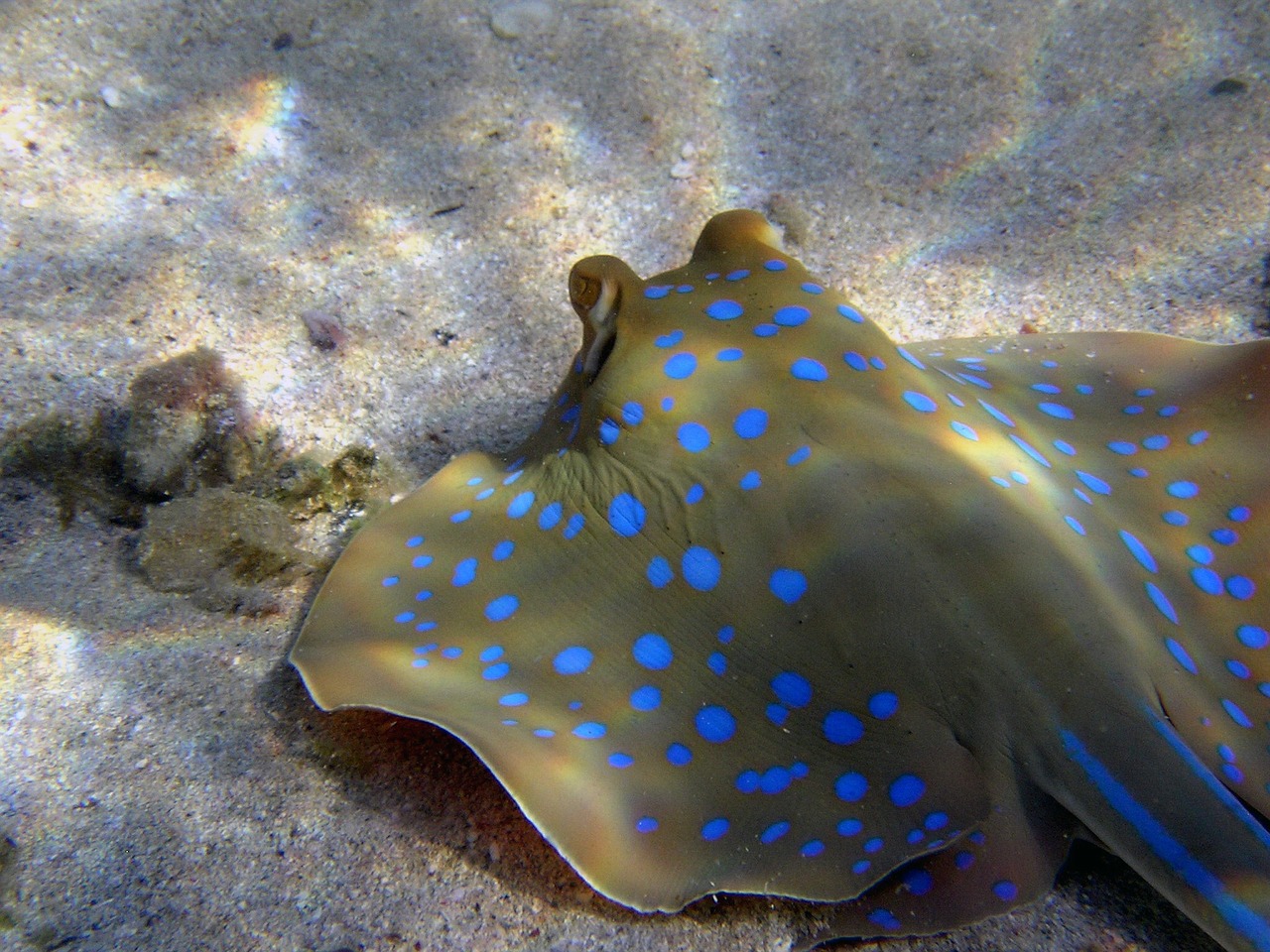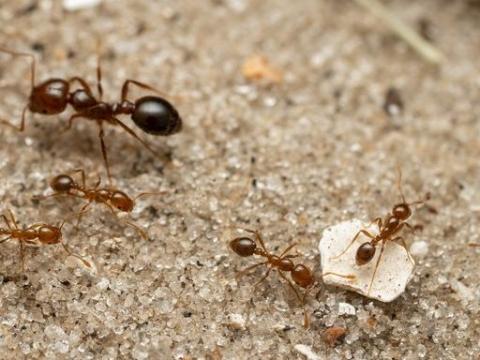Reaction: UN report warns of migratory species decline
One in five species included in the list of the Convention on the Conservation of Migratory Species of Wild Animals (CMS, to which Spain is a party) is in danger of extinction. These are data from the first global monitoring report on these species published by the World Conservation Monitoring Centre, a branch of the United Nations Environment Programme (UNEP). This figure rises to 97% for fish species. The authors warn that the situation has deteriorated in recent decades due to "intense levels of anthropogenic pressure". The presentation of the report coincides with the start of the COP on the conservation of these species in Uzbekistan (COP14).

Inmaculada Álvarez - migratorias EN
Inmaculada Álvarez-Manzaneda Salcedo
Permanent professor in the Department of Ecology at the University of Granada
The Convention on the Conservation of Migratory Species of Wild Animals (CMS) plays a key role in the conservation of migratory species. These migratory species travel from one part of the world to another each year, seeking new resources and breeding or resting places, and thus experience the changes that are affecting our planet today.
In order to carry out the conservation of a species or a place, the first step is to know its status. However, we are well aware that this status is constantly changing, as it varies according to new threats and stressors, so it is essential to update the data periodically in order to carry out a correct conservation task. With this report, the United Nations highlights the worrying state of vulnerability of many migratory species and the need for a commitment to their conservation. Many species that are currently threatened (around 400) have no protection under the Convention, and this needs to be addressed promptly. It also points to the role of human action in the loss of biodiversity. We have caused the fragmentation of habitats, as well as their deterioration or loss, dramatically affecting a large percentage of migratory species.
This is a very comprehensive and accurate report detailing in numbers the current status of a large number of migratory species and the threats they face. Although the report does not talk about Spain specifically, it does address both global and European issues occurring in our country that directly affect different species. Some of these are the fragmentation of habitats such as rivers, overexploitation of resources, pesticide contamination of terrestrial and aquatic systems and changes in temperatures due to global warming, which affects the arrival time of migratory birds and their coincidence with the greatest concentration of resources.
We face a global problem; biodiversity loss is the only truly irreversible change affecting planet Earth today. Fortunately, this report provides a lot of up-to-date data and knowledge about the causes of the declines of different migratory species is essential for biodiversity conservation. We cannot take action to ensure the conservation of a species if we do not know the threats to it. It is in our hands.
UNEP-WCMC
- Report



